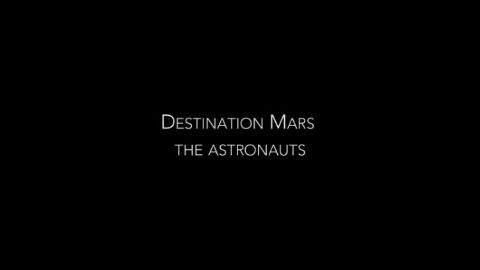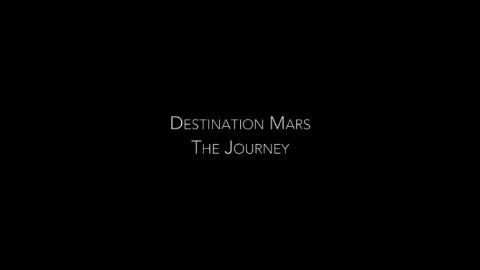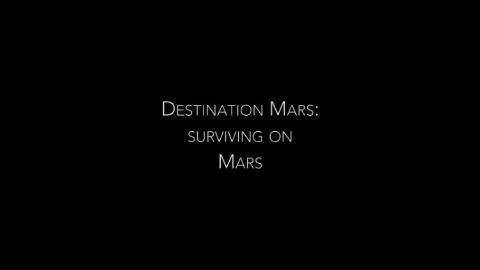Why one Way? • 2015 • episode "S1E5" • Destination Mars
Mars One plans one-way missions to Mars; the goal is not simply to explore, but to colonize the red planet. A one-way trip saves billions and eliminates the risk of a return voyage. But can the crew survive in such utter isolation? Some candidates for the mission reflect on this challenge.
Make a donation
Buy a brother a hot coffee? Or a cold beer?
Hope you're finding these documentaries fascinating and eye-opening. It's just me, working hard behind the scenes to bring you this enriching content.
Running and maintaining a website like this takes time and resources. That's why I'm reaching out to you. If you appreciate what I do and would like to support my efforts, would you consider "buying me a coffee"?
Donation addresses
BTC: bc1q8ldskxh4x9qnddhcrgcun8rtvddeldm2a07r2v
ETH: 0x5CCAAA1afc5c5D814129d99277dDb5A979672116
With your donation through , you can show your appreciation and help me keep this project going. Every contribution, no matter how small, makes a significant impact. It goes directly towards covering server costs.










